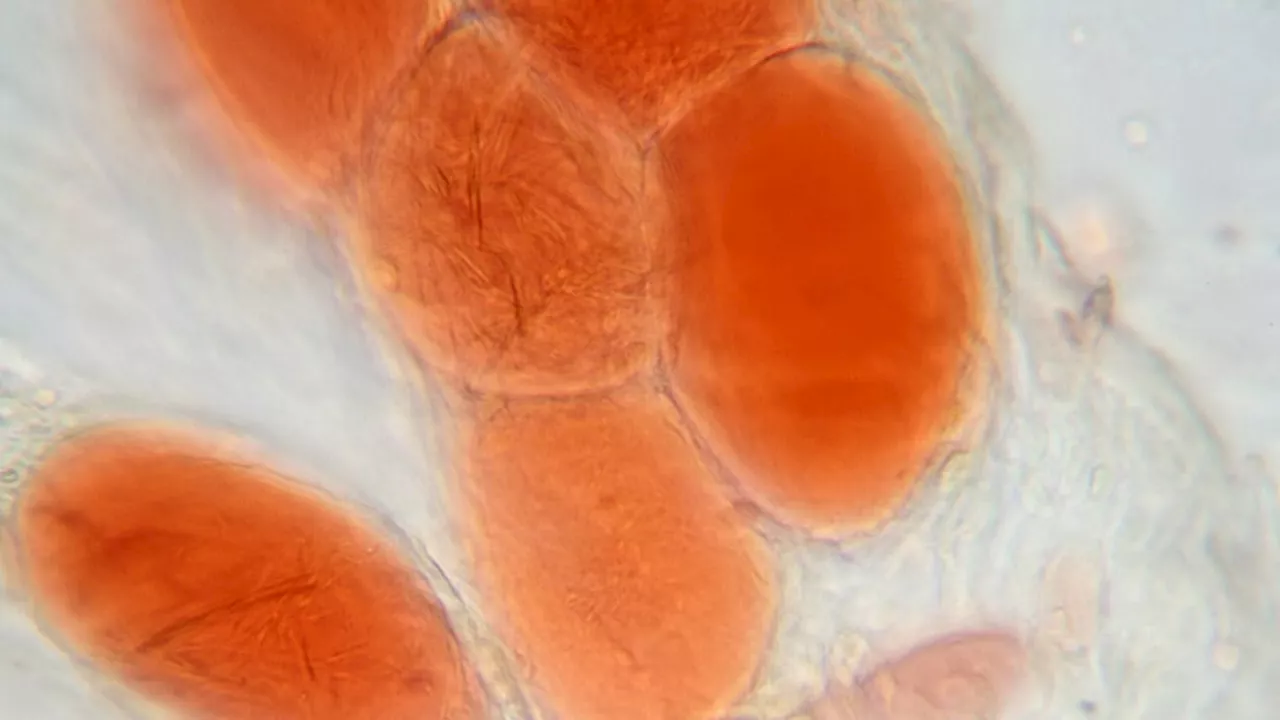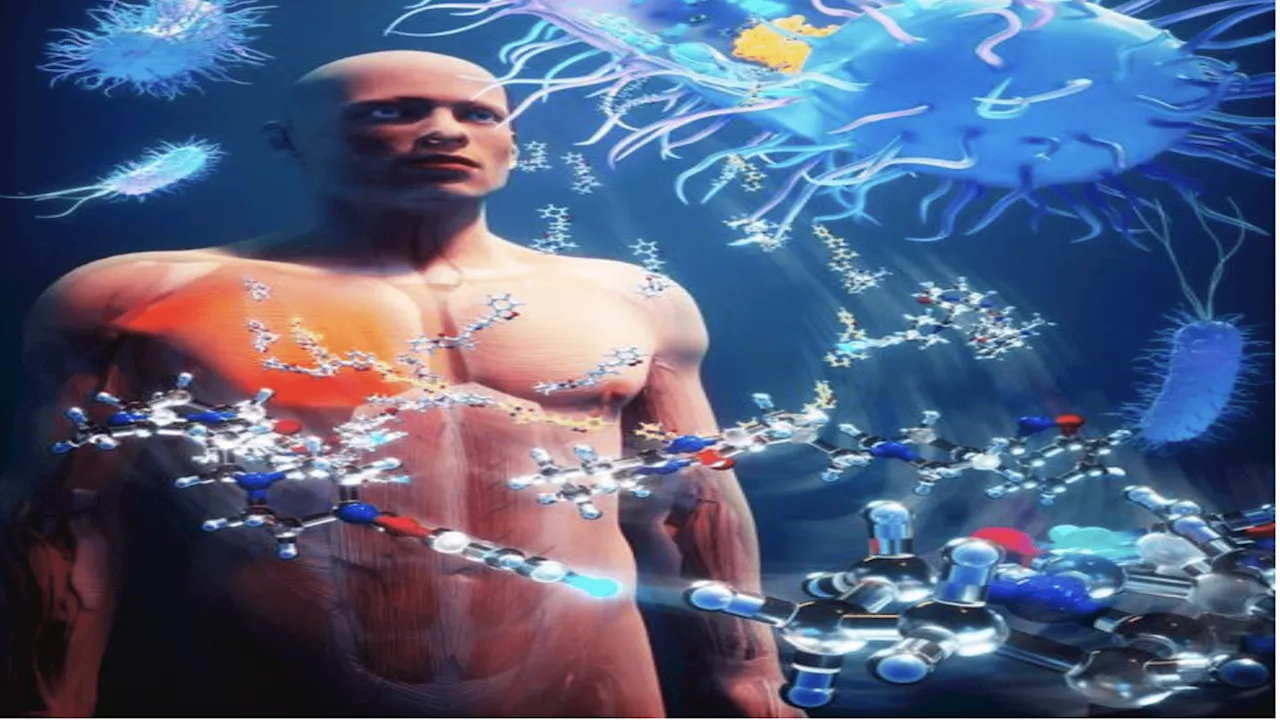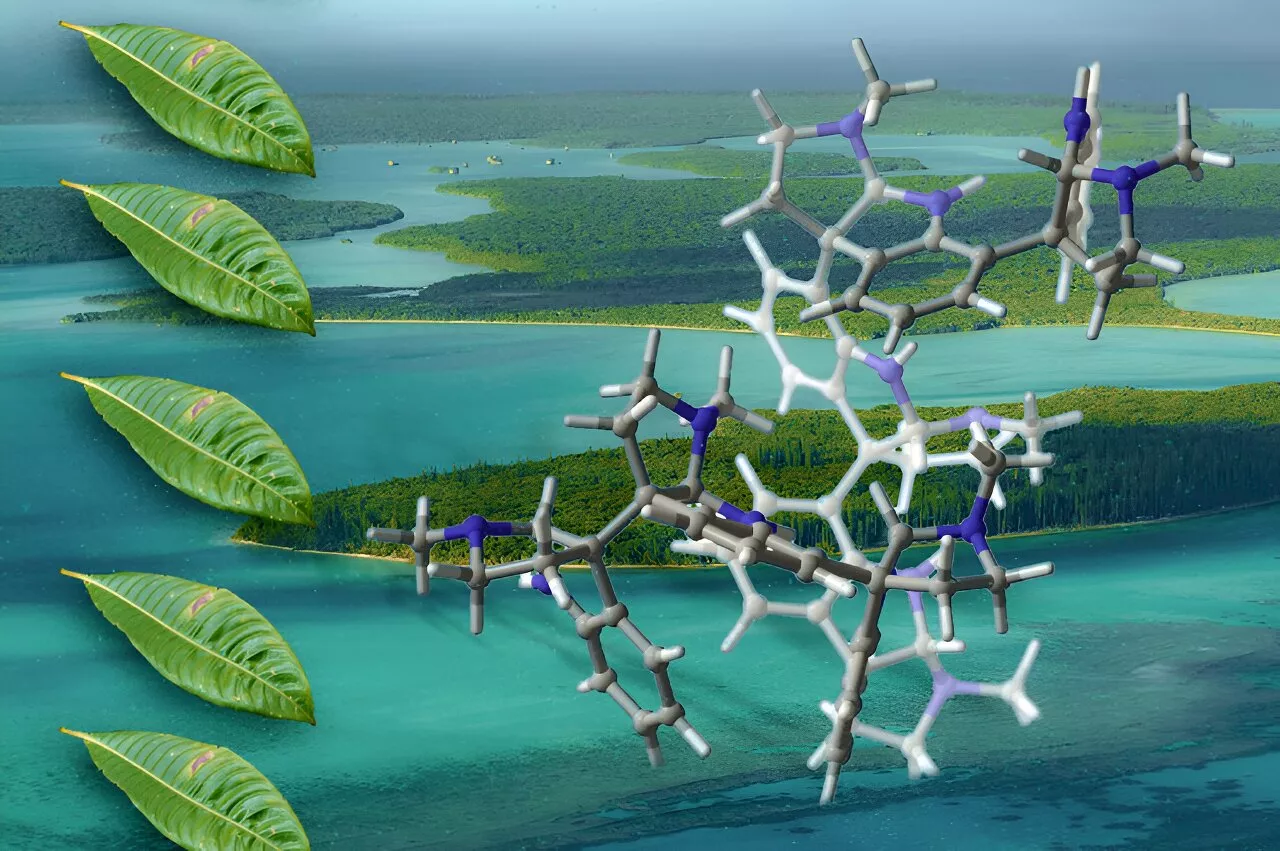The study suggested that excessive abdominal adipose tissue may be involved in the pathogenesis of multisite and widespread chronic musculoskeletal pain.
MRI-derived abdominal adipose tissue is linked to chronic musculoskeletal pain in multiple sites. The association is stronger in women, suggesting sex differences in fat distribution and hormones.Researchers used data from the UK Biobank, a large population-based cohort study, to investigate the associations between MRI-measured abdominal adipose tissue and chronic musculoskeletal pain.
Pain in the neck/shoulder, back, hip, knee, or"all over the body" was assessed, and participants were categorized based on the number of chronic pain sites. Higher levels of abdominal adipose tissue were associated with greater odds of reporting chronic pain in both sexes, with effect estimates being relatively larger in women.
Obesity Obese Pain Chronic Pain Acute Pain Abdominal Pain Tissue Abdominal Grant Pathogenesis Regional Anesthesia Regional Anaesthesia
United States Latest News, United States Headlines
Similar News:You can also read news stories similar to this one that we have collected from other news sources.
 Is Adipose Tissue a Better Measure for Obesity Than BMI?Busy clinicians can uncover hidden obesity-related cardiovascular risks in certain patients with lower BMI numbers.
Is Adipose Tissue a Better Measure for Obesity Than BMI?Busy clinicians can uncover hidden obesity-related cardiovascular risks in certain patients with lower BMI numbers.
Read more »
 New bacteria-derived hydrogel shows promise for muscle tissue regenerationA research team at the Technical University of Denmark, led by Alireza Dolatshahi-Pirouz, has recently made strides in tissue engineering and cell therapy by harnessing the healing power of bacteria.
New bacteria-derived hydrogel shows promise for muscle tissue regenerationA research team at the Technical University of Denmark, led by Alireza Dolatshahi-Pirouz, has recently made strides in tissue engineering and cell therapy by harnessing the healing power of bacteria.
Read more »
 New bacteria-derived hydrogel effective in muscle tissue regenerationPantoan Methacrylate (PAMA), a novel hydrogel or “bactogel” showed promising results in treating muscle injuries in rats.
New bacteria-derived hydrogel effective in muscle tissue regenerationPantoan Methacrylate (PAMA), a novel hydrogel or “bactogel” showed promising results in treating muscle injuries in rats.
Read more »
 A New Way To Lose Weight: Scientists Develop Powerful Mint-Derived Molecules That Fight FatScience, Space and Technology News 2024
A New Way To Lose Weight: Scientists Develop Powerful Mint-Derived Molecules That Fight FatScience, Space and Technology News 2024
Read more »
 Chemists synthesize plant-derived molecules that hold potential as pharmaceuticalsMIT chemists have developed a new way to synthesize complex molecules that were originally isolated from plants and could hold potential as antibiotics, analgesics, or cancer drugs.
Chemists synthesize plant-derived molecules that hold potential as pharmaceuticalsMIT chemists have developed a new way to synthesize complex molecules that were originally isolated from plants and could hold potential as antibiotics, analgesics, or cancer drugs.
Read more »
 Chemists synthesize plant-derived molecules that hold potential as pharmaceuticalsChemists developed a way to synthesize complex molecules called oligocyclotryptamines, originally found in plants, which could hold potential as antibiotics, analgesics, or anticancer drugs.
Chemists synthesize plant-derived molecules that hold potential as pharmaceuticalsChemists developed a way to synthesize complex molecules called oligocyclotryptamines, originally found in plants, which could hold potential as antibiotics, analgesics, or anticancer drugs.
Read more »
